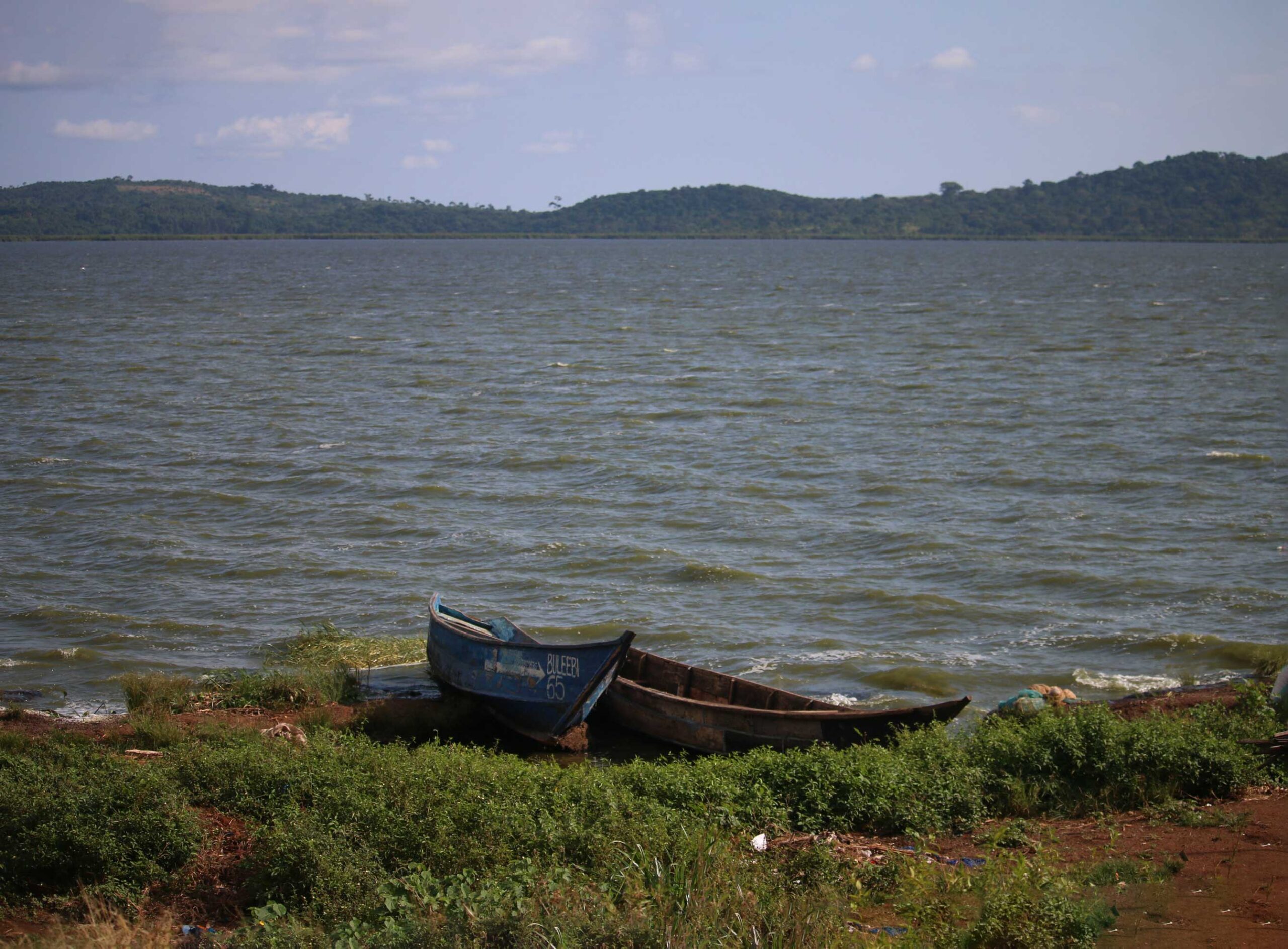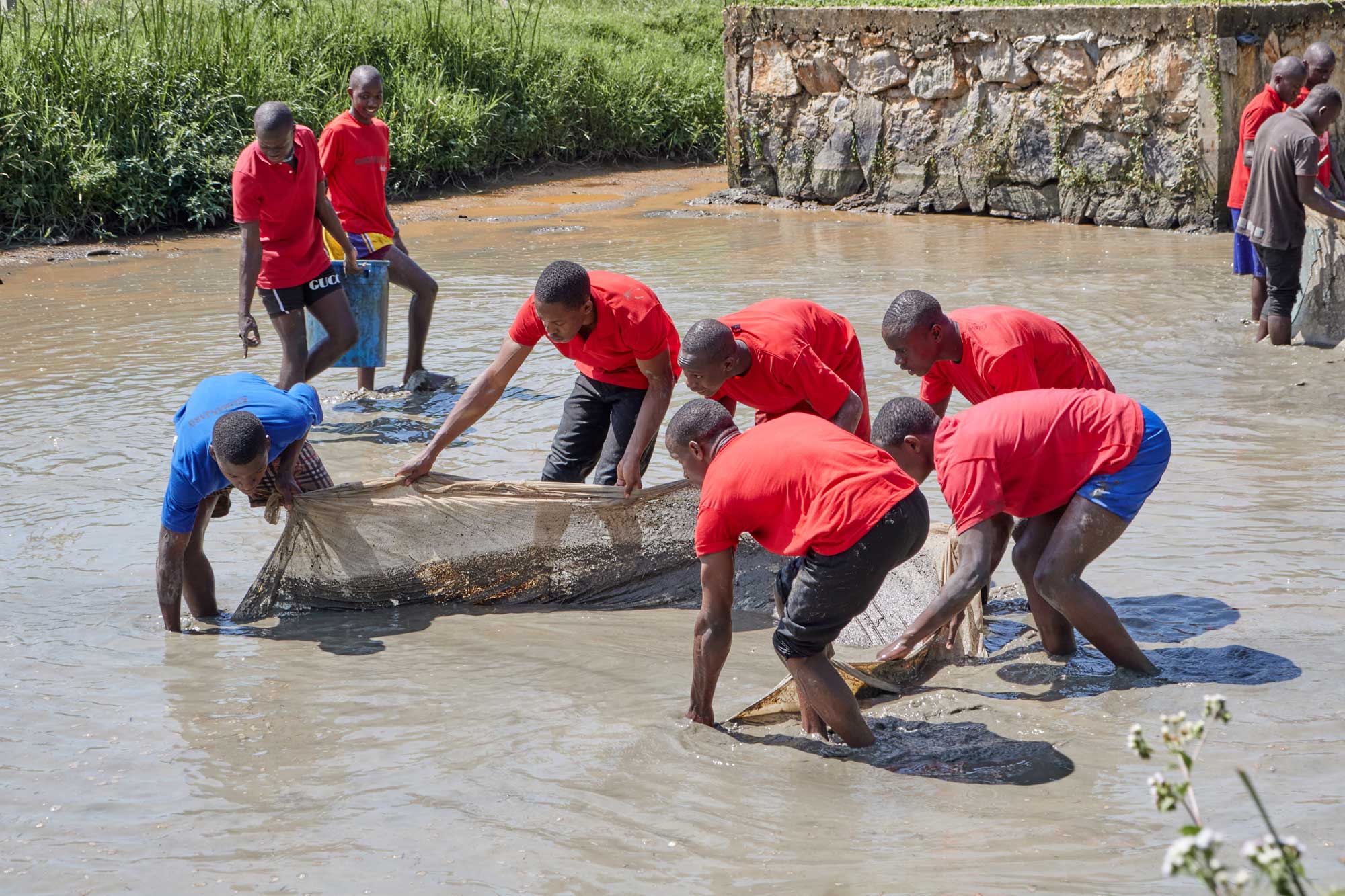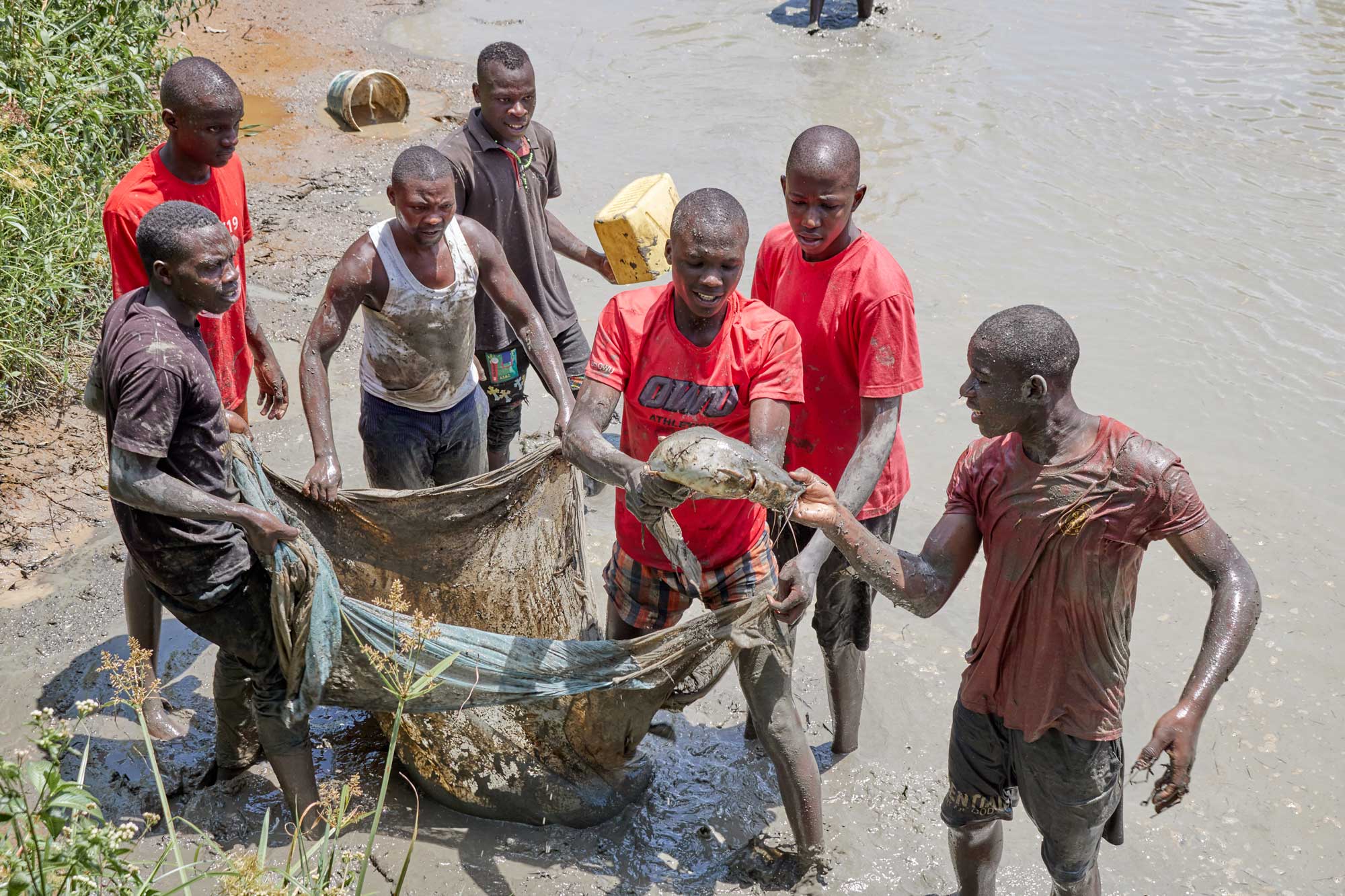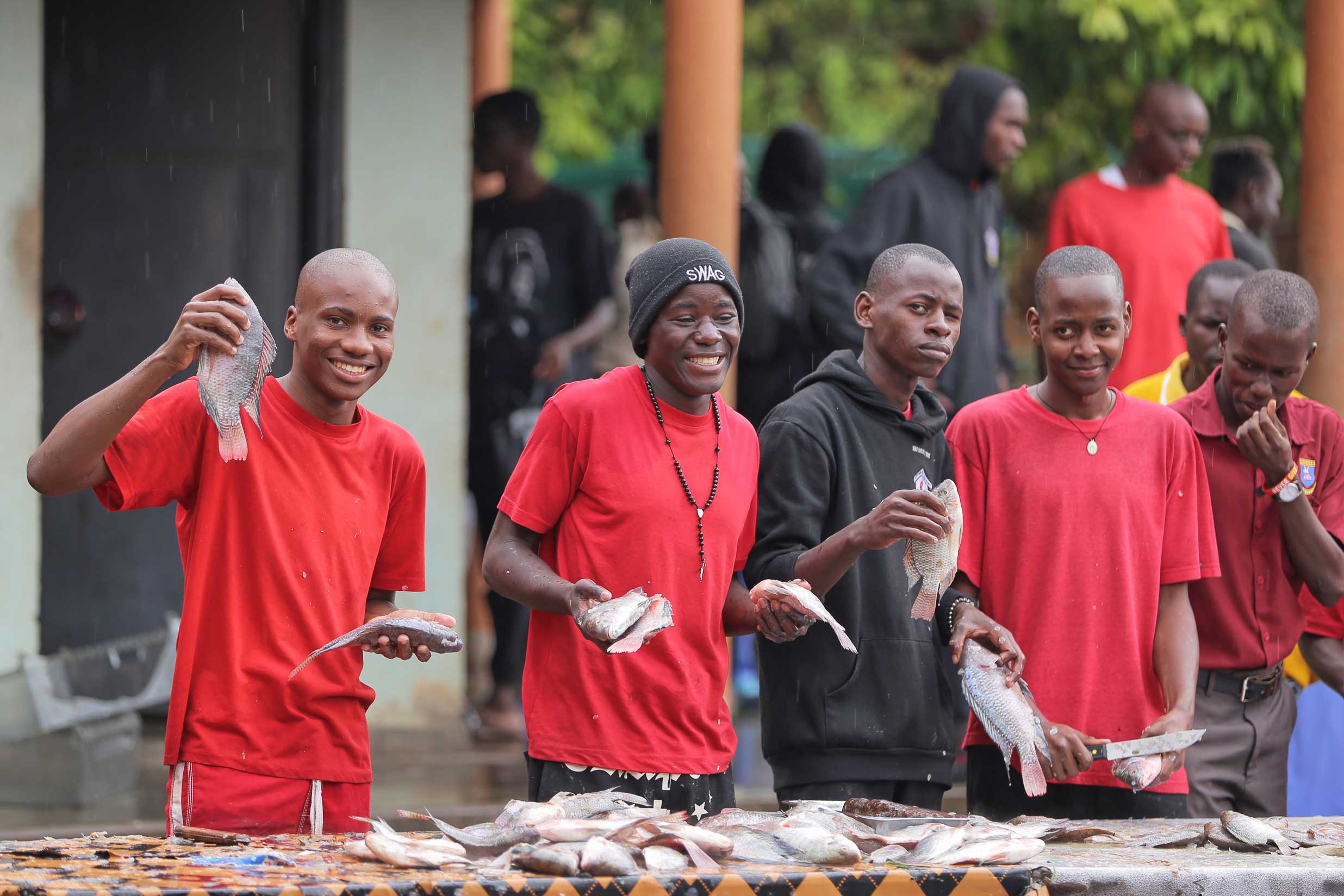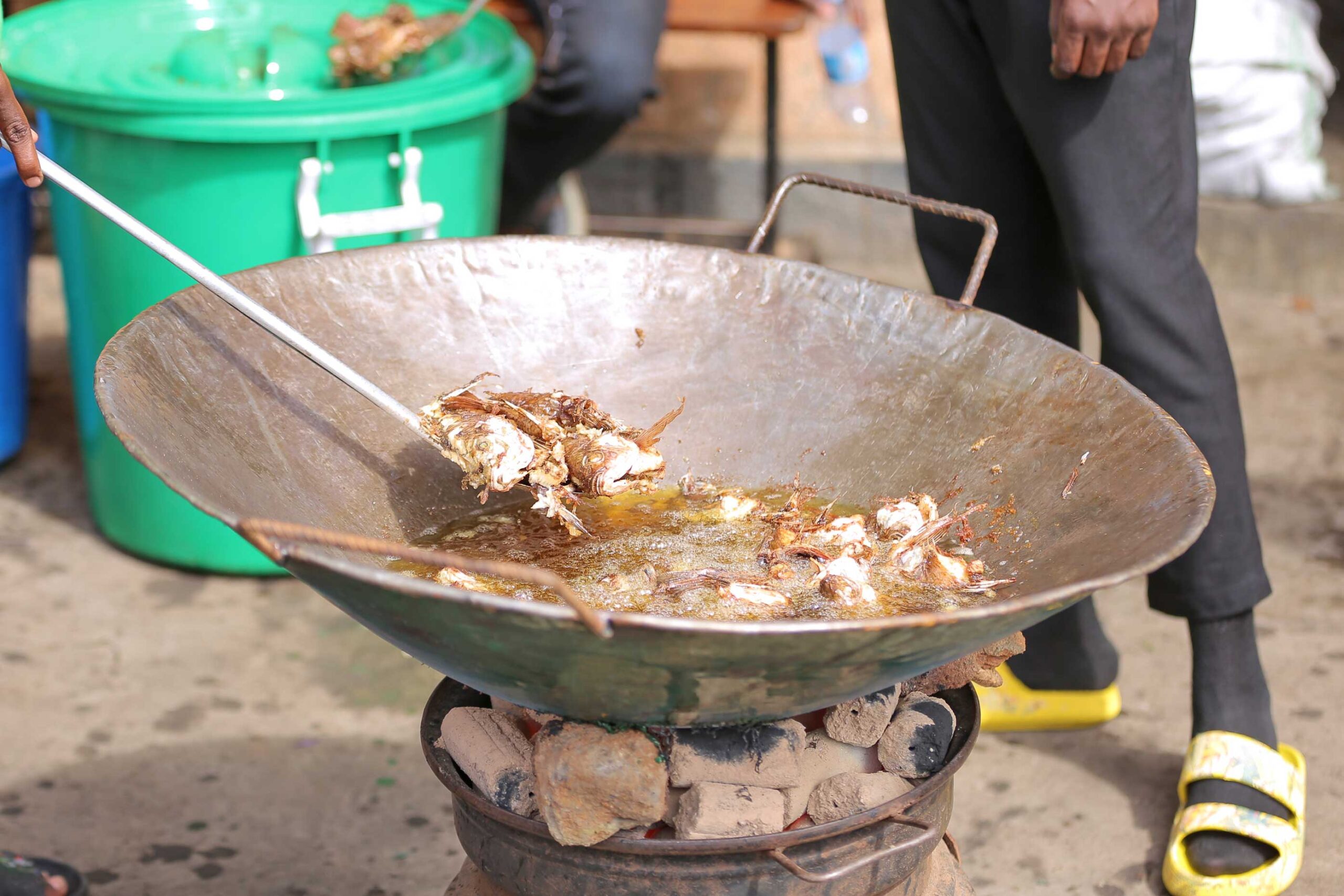The Problem
About
The decline in fish exports, as evidenced by data from the Bank of Uganda spanning from July 2020 to July 2021, paints a concerning picture. During this period, fish exports decreased by a staggering 7,992 tonnes. The root causes behind this alarming trend are the depletion of fish stocks resulting from overfishing and the use of inappropriate fishing gear.
Fisheries and aquaculture hold immense potential in Uganda, offering a gateway to address hunger, improve nutrition, alleviate poverty, and drive economic growth. In a nation where nutritional deficiencies affect vulnerable rural and urban communities, fish has the potential to play a pivotal role. However, this potential remains unrealized as the availability of fish to Ugandans continues to dwindle. This depletion is driven by declining stocks of large fish species, substantial exports, and post-harvest losses.
Our Innovative Solution
At Our School, we’ve taken it upon ourselves to be part of the solution. Our approach is rooted in the creation of sustainable alternatives to the traditional methods of fishing in large water bodies.
Pond-Based Fish Farming
Our school has established ponds both within and outside the school premises to counter this challenge. Within these ponds, we rear two types of fish: tilapia and catfish. To create a closed-loop system that minimizes waste, we process leftover food from the school as fish feed and the fish are fed twice a day. Furthermore, to prevent unintended multiplication within the ponds, the fish maintained as same-sex groups.
Our fish farming project directly aligns with SDG 14 by promoting sustainable aquaculture. By cultivating fish in our ponds, we alleviate the pressure on wild fish populations and set an example of responsible aquaculture. Our commitment to marine conservation not only addresses the challenge of overfishing but also empowers our students with valuable skills while reducing the impact on marine ecosystems. Through this initiative, we contribute to a healthier planet by nurturing sustainability, responsible resource management, and a deep sense of environmental responsibility among our students.
Annual Fish Festival
The culmination of our efforts is celebrated during the annual Fish Festival. This event is not only a feast for students, teachers, and parents but also a centerpiece for visitors to explore other school projects. The briquettes produced serve as the primary source of cooking fuel for the occasion.


